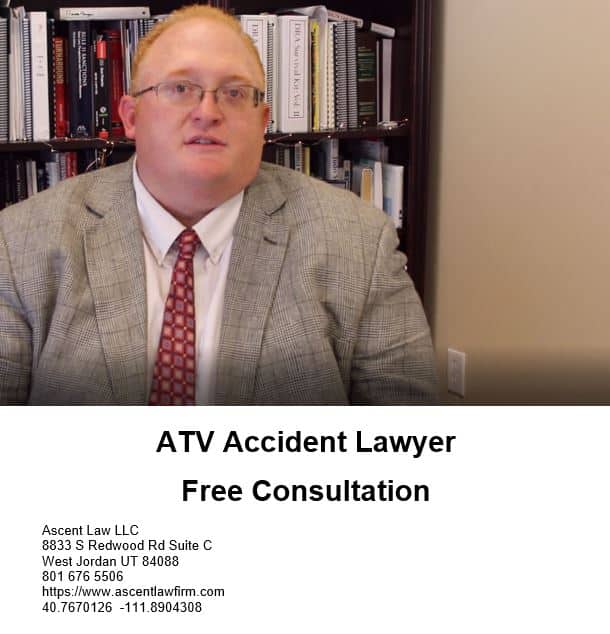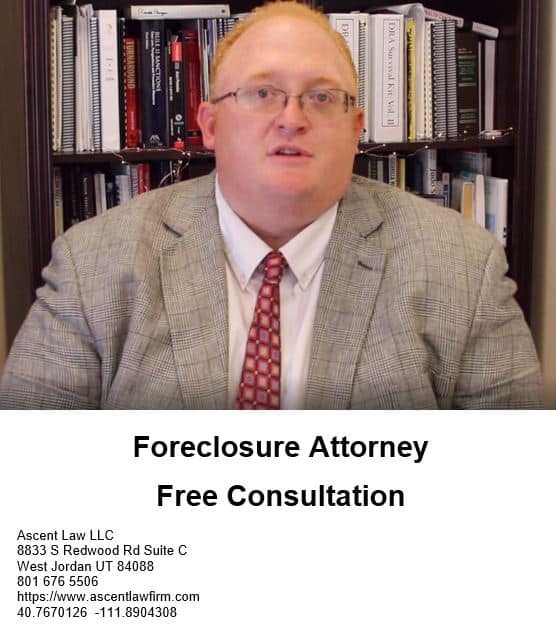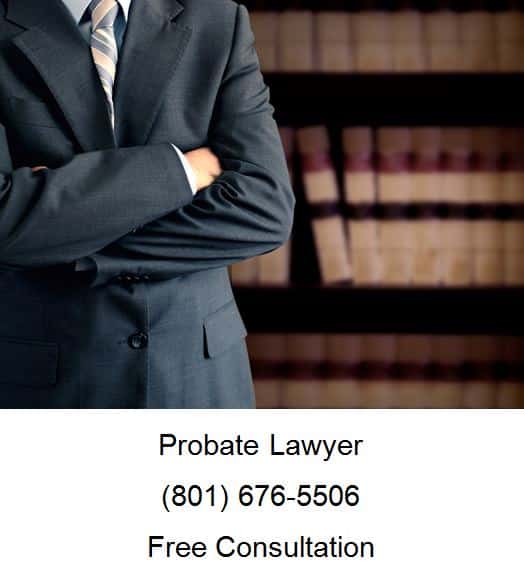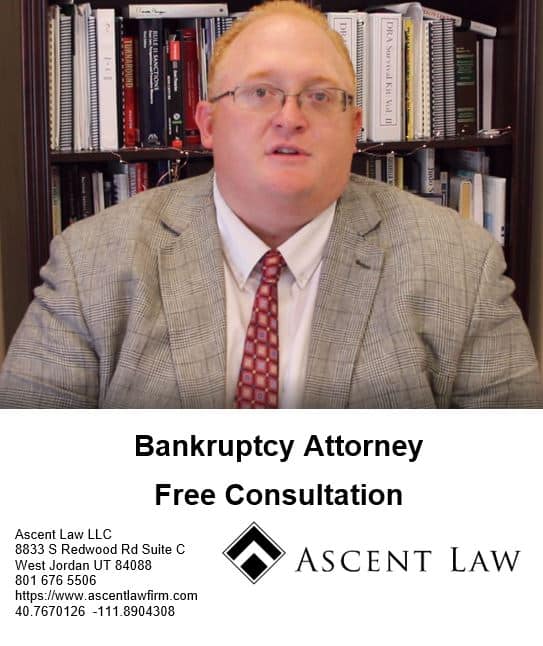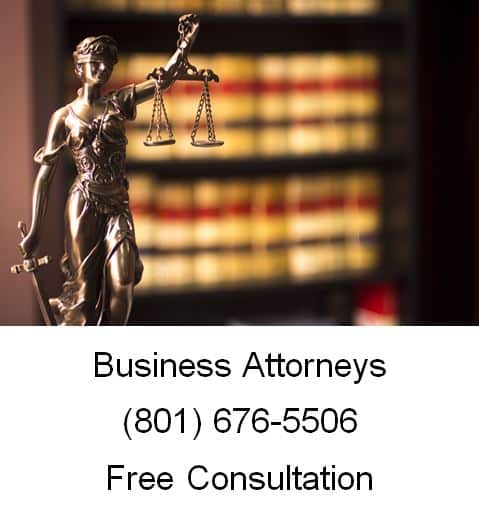
Yes. A Small Business Owner Does Need A Lawyer. Among the countless worries for entrepreneurs who are starting or are already running a small business is the question of whether they need a business lawyer. The perception is that attorneys charge high rates and many small businesses don’t have much, if any, extra capital with which to pay lawyers. As a result, most small business owners only hire an attorney experienced with business matters when confronted with a serious legal problem (e.g., you’re sued by a customer). However, legal help is a cost of doing business that often saves you money and helps your business in the long run.
While you certainly don’t need an attorney for every step of running your business, an ounce of prevention is worth a pound of the cure. This article will explain when you can cover legal issues on your own or with minimal attorney assistance and when you will definitely need a business lawyer.
Issues You Can Handle on Your Own
There are certain matters that are fairly straightforward and/or not unduly difficult to learn and therefore do not require the services of an attorney who charges at least $200 per hour. There are enough expenses associated with running a business, why not save yourself a load of money and do it yourself if you can?
The following is a list of some tasks that business owners should consider taking on themselves (with the aid of self-help resources, online and in print):
• Writing a business plan
• Researching and picking a name for your business (previously trademarked business names can be researched online)
• Reserving a domain name for your website
• Creating a legal partnership agreement, limited liability company (LLC) operating agreement, or shareholder’s agreement (see Choosing a Legal Structure)
• Applying for an employer identification number (EIN), which you will need for employee tax purposes
• Applying for any licenses and permits the business requires
• Interviewing and hiring employees (there are federal and state anti-discrimination laws which regulate the hiring of employees)
• Submitting necessary IRS forms
• Documenting LLC meetings
• Hiring independent contractors and contracting with vendors
• Creating contracts for use with customers or clients
• Creating a buy-sell agreement with partners
• Updating any partnership, LLC, or shareholder’s agreements under which you are currently operating
• Handling audits initiated by the IRS
The above is not an exhaustive list of legal tasks which small business owners can do on their own. It should be stated that if your business is well-funded or you feel that you need the assistance of an attorney, you can always retain a lawyer to help you with everything listed above.
Issues Where You Will Need a Business Lawyer
Most of the issues outlined above can be handled by any intelligent business owner (if you can run a business, you can certainly fill out IRS forms or fill in boilerplate business forms). There are times, however, when a business faces issues that are too complex, too time consuming, or fraught with liability issues. At that point, the wisest move is to retain a business lawyer.
A few examples include:
• Former, current, or prospective employees suing on the grounds of discrimination in hiring, firing, or hostile work environment
• Local, state, or federal government entities filing complaints or investigating your business for violation of any laws.
• You want to make a “special allocation” of profits and losses or you want to contribute appreciated property to your partnership or LLC agreement
• An environmental issue arises and your business is involved (even if your business didn’t cause the environmental problem, you may be penalized)
• Negotiating for the sale or your company or for the acquisition of another company or its assets
An Ounce of Prevention
While you certainly need to retain an attorney for the serious issues above, your emphasis should be placed on preventing such occurrences in the first place. Prevention does not necessarily involve hiring an attorney, though consulting with one wouldn’t hurt. By the time you or your business is sued, the preventable damage has been done and the only question that remains is how much you’ll be paying in attorney’s fees, court fees, and damages.
For example, by the time a prospective employee files a lawsuit claiming gender discrimination based in part upon questions posed at the job interview, all you can do is hire an attorney to defend the lawsuit. If, on the other hand, you had done your own research on anti-discrimination laws, or you had consulted an attorney beforehand, you would have known not to inquire as to whether the applicant was pregnant or planned on becoming pregnant. The small effort at the beginning of the process would save you an enormous headache later.
To prevent unnecessary attorney costs at the inception of your business as well as tremendous costs after a lawsuit has been filed, you might consider a consultation arrangement with an attorney. Such an arrangement would entail you doing most of the legwork of research and the attorney providing legal review or guidance.
For example, you might use self-help and online sources to create a contract with a vendor and ask an attorney to simply review and offer suggestions. Or from the previous example, you might research types of questions to ask during an interview and then send the list to an attorney for his or her approval. This way, you prevent the potential headache later and the cost to you is minimal because you’ve already done most of the work and the attorney simply reviews the document.
Get in Touch with a Business Attorney Before You Need One
You won’t need a lawyer for each and every legal issue that comes up in your business. But when you do, it’s good to know where to find the right one. And — more to the point — you may not know you need legal help until it’s too late, as attorneys can help you stay in compliance with the law and spot developing legal issues early. Get ahead of the curve by finding an experienced small business attorney near you today.
When startups need lawyers
• Form of business
There are many legal self-help resources available to help you form a corporation, partnership or LLC and handle all the legal paperwork. (Rocket Lawyer, LegalZoom and Nolo are three popular resources to check out.) For most startups, choosing a business structure and forming company can be handled this way. However, if you’re not sure what form of business is best for your startup goals, or if you’re starting a business that is complex, such as having multiple investors or partners, it’s worth consulting with an attorney as well as an accountant. They can help you explore the pros and cons of different forms of business and make the right decision.
• Patents and trademarks
Every business should trademark its logo and other identifying brand marks. There’s plenty of self-help information available at the U.S. Patent and Trade Office website; generally, you can handle trademark filing on your own. Patents are more complex, however, and making a mistake in this area can be costly. An attorney specializing in patent law can be invaluable in getting through the patent process.
• Contracts
Unfortunately, no matter how well you think you know someone, you need a contract to protect yourself and your business. Make sure your contract is clearly written, outlines the scope of work and payment, and covers all the possibilities that could go wrong. You can use online templates to draft contracts for the basic business situations you’re likely to encounter; however, having an attorney review and fine-tune them to make sure they’re complete is worth the money. You should also have an attorney review any contract a client asks you to sign.
When existing businesses need lawyers
• Debt collection
At some point, every small business will experience the pain of not getting paid. If you need to escalate the situation and take the client to court, an attorney can either represent you or offer advice.
• Hiring employees
Self-help legal resources can help you create an employee handbook on your own, but you should always have a lawyer review it to make sure your employee policies comply with state and federal laws. Check out SCORE’s HR resources, resources for writing an employee handbook and their Ultimate Guide to Creating an Employee Handbook.
• Firing employees
It’s also wise to consult a lawyer if you’re considering terminating an employee. To avoid putting your business at risk of a lawsuit—an issue that 30% of small businesses worry about—the lawyer can advise you if you need to take additional steps or gather more documentation before letting the person go.
• Lawsuits
If you’re hit by a lawsuit yourself—which can happen to even the smallest businesses—you’ll need a lawyer on your side. Having a relationship with a lawyer before you need one can ensure you have someone to turn to in an emergency.
• Protect your small business
The law intimidates many small business owners, but it doesn’t have to. The key is to educate yourself as much as you can. Use self-help legal sites such as those mentioned above to get a basic understanding of legal issues. They have resources, articles, templates, legal forms and other tools you can use to tackle simple legal matters on your own.
The key to staying out of legal trouble is to think ahead at every stage of your business. From naming your company and designing a logo to negotiating a lease for your new business and hiring your first employee, running a business involves many potential legal traps that can trip up the uninformed. Knowledge is power, so know what your legal rights and responsibilities are at each stage of business development.
Working with a trusted business advisor such as your SCORE mentor can alert you about what to expect and what steps you must take to protect yourself, your business and your assets. Get matched with a SCORE mentor today.
Why Every Small Business Needs an Attorney?
Most small business owners rarely hesitate to take advantage of certain human resources — such as accountants and insurance agents — when they first start their businesses, and throughout the life of their businesses. Business owners view these resources as a cost of operating a business.
Business owners, unfortunately, don’t often view attorneys in the same light. A business attorney is a resource that business owners should have in their portfolio of business advisors for consultation on a variety of issues. If you’re a small business owner, you may need a business attorney at certain times more than others; however, you should always have an attorney at your fingertips.
Don’t wait till it’s too late
Business owners are hesitant to contact an attorney until a major issue arises. Do not wait until the sheriff is standing on your doorstep with a lawsuit. Lawsuits, whether you are the plaintiff or the defendant, are expensive, time consuming, and emotionally draining.
While there are costs associated with involving an attorney before a lawsuit occurs, those costs can be minor compared to the cost of litigation. Involving your attorney at an early stage can help you avoid situations that increase your business’s liability exposure, and save you money in the long term.
What a corporate attorney can do for you
A business attorney can advise you on issues that your business may face throughout its existence; examples of issues include what legal entity (e.g. corporation vs. LLC) to use to form a business, the legal implications of using employees versus independent contractors, drafting and negotiating contracts, governmental entities that might be investigating your business, terminating a contract or employees, or merging or acquiring another business.
Any time your business is uncertain about a potential action that it might be taking, contact your business attorney to discuss the action and any ramifications that might result from that action. It is generally better to err on the side of caution and pull your business attorney in sooner rather than later.
As an example, let’s look at how an attorney can help your business with contracts. Contracts are prevalent in all types of businesses, but businesses rarely have their attorneys review contracts before they are signed. An attorney can pinpoint typical problem clauses in contracts related to assignment, termination, and dispute resolution.
More specifically, if your contract does not have an anti-assignment provision, the other party may be able to assign the contract to a third-party with whom you do not want to do business. Similarly, your attorney can change the contract to require that the party’s mediate disputes before running to the courthouse, which may save your business money if a dispute arises. These are simply things that your attorney can do before a contract is signed that may save you money down the road.
Businesses are often quick to take action under an executed contract, such as withholding payments or terminating contracts, without consulting an attorney. Maybe the contract does not allow the business to terminate the contract without giving the other party the chance to cure the breach of the contract.
How Lawyers Help Small Businesses
It is easy for small businesses to gloss over hiring a lawyer because other matters, such as marketing, operations and advertising seem more pressing. Many legal issues may not be of immediate concern to small business owners who easily justify holding off on paying for these services. However, there are many ways that lawyers can help small businesses.
Business Formation
Some of the most important matters are handled at the beginning of the business. For example, a small business lawyer may want to structure his or her business in a way that limits personal liability. Small business lawyers can help with the process of incorporation so that new business owners are assured that their business starts on strong legal footing.
Corporate Governance
Even if businesses use a lawyer to help incorporate the business, they may fail to maintain this status. A business lawyer can advise commercial clients to have annual shareholder, director or partner meetings in order to maintain this status.
Failing to take these steps can have disastrous consequences for the business. If sued, the business stands to have its corporate veil pierced and exposes corporate officers to personal liability.
Intellectual Property
Before a business really launches, it must take steps to protect its intellectual property, if applicable. This includes the business name, logo, brand name and other aspects of the business that should be protected by copyright.
Businesses may have other intangible assets that should also be protected, including architectural blueprints, devices, creations and computer software. Certain business processes may also be eligible for patent protection. Business lawyers can assist commercial clients with acquiring the necessary copyright, patent and trademark registrations that are necessary to protect this
Privacy Policies
Business lawyers can also help businesses protect their patient, client or customer information. A privacy policy is required in some states in which a business keeps personally identifiable information. A seemingly innocuous connection such as having a customer’s email address as part of a newsletter list may trigger such a requirement.
Non-Disclosure Agreements
As the business begins to operate, business owners may enter into agreements with other parties. However, business owners will want to ensure that their business ideas and trade secrets are protected. Business lawyers can help draft non-disclosure agreements so that businesses can expand without having to worry about having their information stolen.
Employment Agreements
While many businesses start as a single-person operation, many small businesses owners quickly learn that they need some help for their business to thrive.
Business lawyers may assist their clients by helping to draft employment agreements, including non-disclosure agreements, employment contracts for a specific duration and non-compete agreements. The last group mentioned often requires very specific catering to detail. States have specific rules regarding the duration of a non-compete agreement, the geographical proximity of such a contract and the extent of the agreement.
Benefit Programs
Small businesses may need assistance in developing benefit programs for their employees. They may also be concerned with complying with laws regarding healthcare coverage for employees. A business lawyer may be able to advise small business owners of their responsibilities.
Additionally, small business lawyers may assist clients in drafting an incentive plan to help motivate employees.
Client Agreements
As the business continues to grow and become more successful, it may take in new clientele. To protect the business, a business lawyer may draft specific agreements between the business and the client. By having the terms written upfront, disagreements and misunderstandings can potentially be avoided.
Collections
When customers stop paying their bills, small businesses and their cash flow system can become crippled. A business lawyer may aid in collecting past-due accounts.
Even if a small business owner determines that going to small claims court is faster and cheaper, a business lawyer may walk the owner through this process and provide advice about how to present evidence and support the case.
Defamation
Small businesses rely on their reputation. One bad review can quickly halt a small business’ growth. A small business lawyer may be able to get a court order to take down defamatory online posts. As a faster measure, a lawyer may send a cease and desist order to get the culprit’s attention.
Exit Strategies
Just like a business lawyer can help form the business, it can help develop policies regarding the ending of the business. When a partner or major shareholder decides to the leave the business, the business plan may allow for the business to close or for the remaining members or partners to buy the party’s share of the business back.
Small Business Lawyer Free Consultation
When you need legal help with your small business in Utah, please call Ascent Law LLC for your free consultation (801) 676-5506. We want to help you.
8833 S. Redwood Road, Suite C
West Jordan, Utah
84088 United States
Telephone: (801) 676-5506
Recent Posts
Does A 401K Go Through Probate?
1099 Tax Issues In Foreclosure
Source: https://www.ascentlawfirm.com/does-a-small-business-owner-need-a-lawyer/

